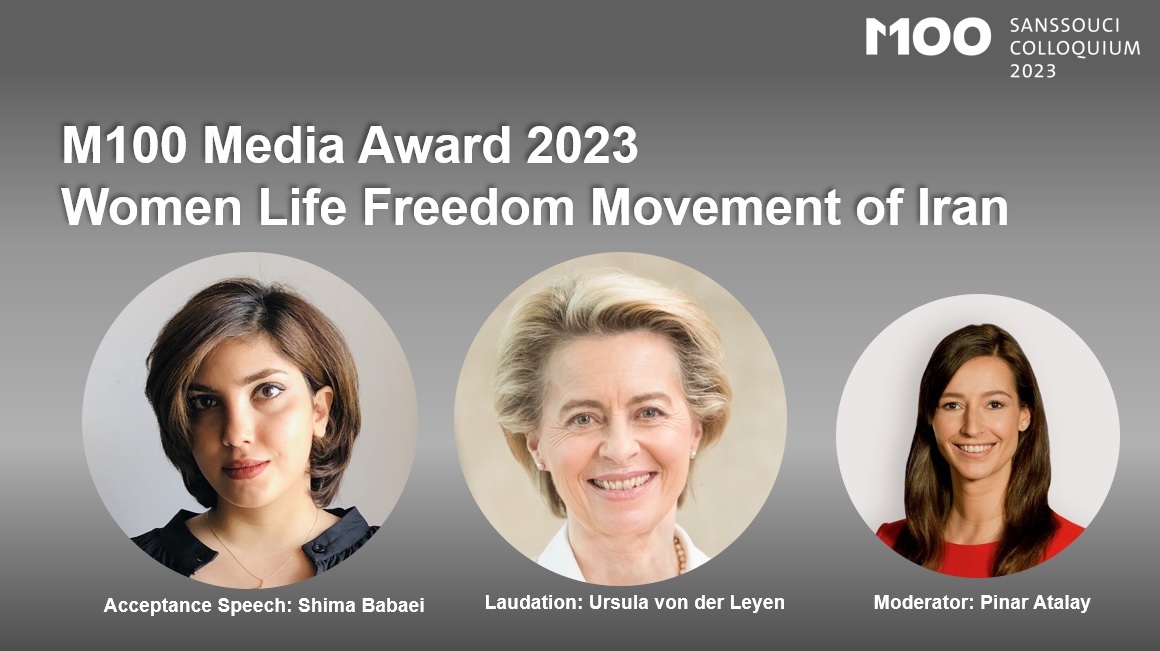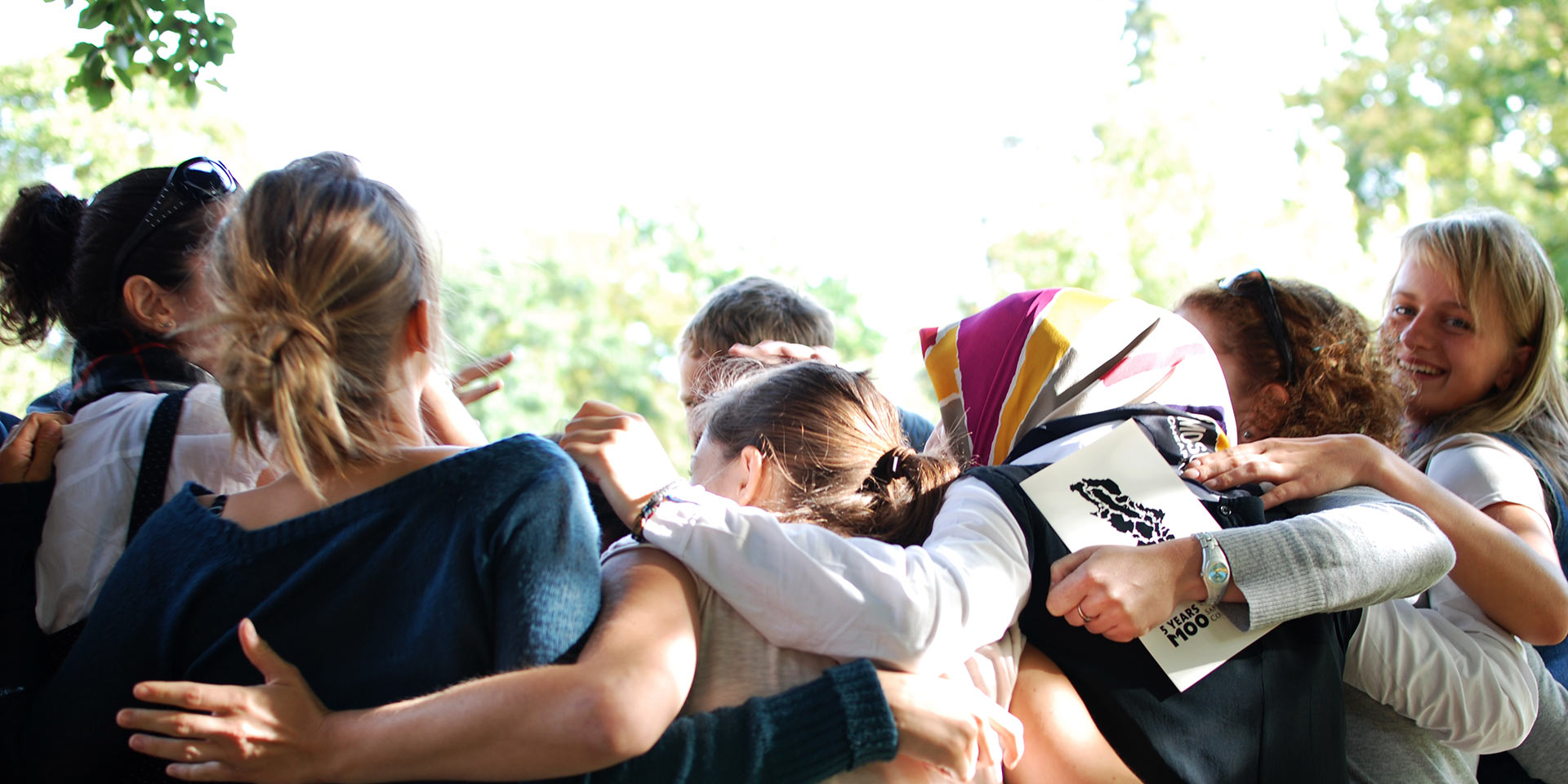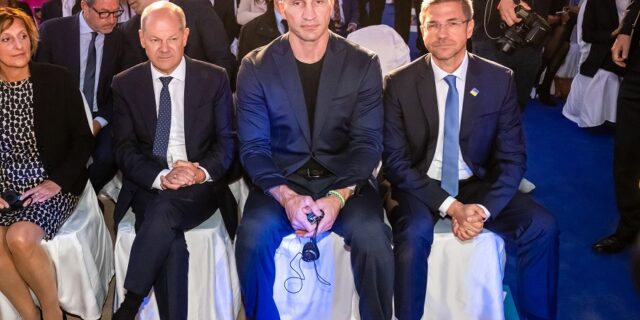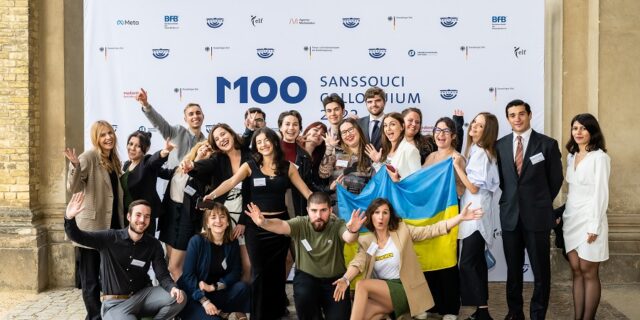Olesia Tytarenko is Deputy Editor-in-Chief of News at the National Public Broadcaster of Ukraine (Suspilne) and former Special Correspondent of Radio France Internationale in Kiev. She participated in the M100YEJ in 2017 and the M100Colloquium in 2022.
Twitter: @OlesiaTytarenko
This war is online. Since 24 February, I’ve learned a lot about missiles, drones, and electricity cuts. The high society of Patriots, Leopards, and F-16 replaced the previously desired world of Eighth Avenue, le quai d’Orsay, and Boston, MA. During these 12 months, I’ve been rediscovering journalism, getting used to the breaking news regime, and coping with my own war experiences. I stayed home and traveled within the country a lot. As if I was afraid of never seeing the fields, the boundless steppes, the Dnieper’s plunging shore again. Like never before, I enjoyed the family weekends, my mom’s welcome dinner, my brother’s giggles, and my father’s “see you soon” while boarding the train back to Kyiv. As if I was…
read more Olesia Tytarenko: Fear that one day my contacts will no longer be online










